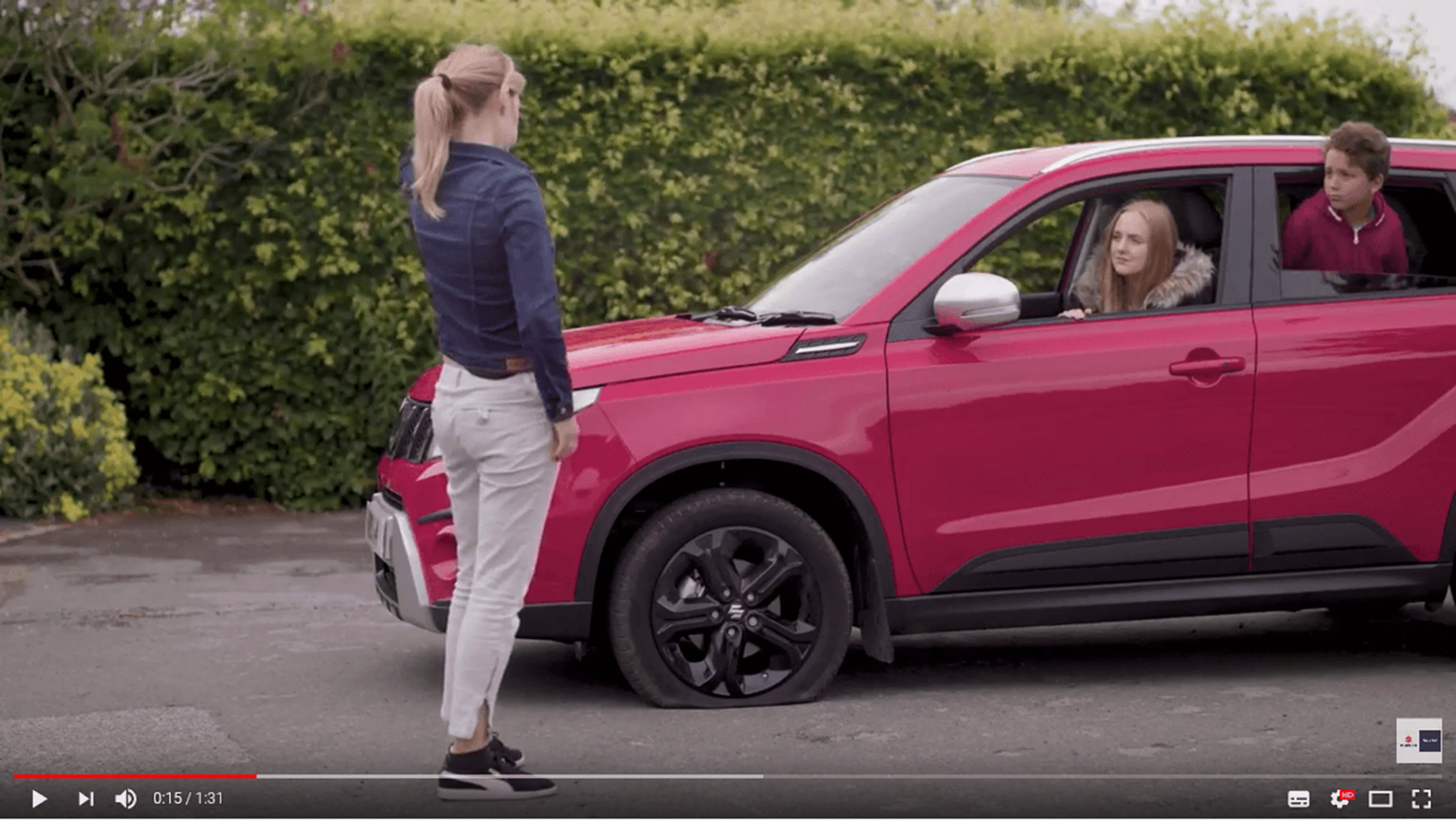If you look after your tyres, your tyres will look after you.
How to look after your tyres
Tyres are among the most important components on your car, those four rings of rubber being the only things connecting your car to the road. Making sure that your tyres are in good repair, at all times, is crucial.
The most important thing to remember about tyres is that very often you get what you pay for. The best-quality tyres – which are often, but not always, the most expensive – are the ones that perform best, even when worn. Not only do they allow you to stop quicker, but they also help improve the fuel efficiency of your car (one tank of fuel in five is used to overcome the rolling resistance of a vehicle’s tyres). At the same time, British drivers waste £745m every year dumping tyres when they don’t necessarily need to.
Being aware of some simple tyre-related facts will help you stay safe – and on the right side of the law.
Check Your Tyres Regularly
Checking your tyres for wear and damage is something that every car owner should do on a regular basis: we’d recommend once a week to keep on top of them.
Look for any obvious signs of damage on your tyres, such as worn or bald patches, cracks in the sidewalls, any cuts or bulges, or slow punctures, so check the tyre with your fingers to check if anything is stuck in the tread.
Measuring the tread depth is another important task. You need to check the tread all around the tyre, to ensure that it's no less than 1.6mm at any point, which is the legal minimum tread depth requirement.
CHECK YOUR TYRE PRESSURES
Running on tyres that are inflated to the wrong pressure won’t just cost you money, but can also prove dangerous, so knowing what tyre pressure is correct for your car and performing.
Under-inflated tyres, for example, can overheat, increasing the risk of them bursting, while they’ll also wear quicker, so you’ll need to replace them sooner. But they also have an adverse effect on the handling of the car (especially the steering), which is very unsafe.
On the other hand, over-inflated tyres have a negative effect on the car’s ride quality, making it feel bumpier, while the surface area of the tyre that has contact with the road also reduces the amount of traction it has, which is a real problem in wet weather.
So check what the recommended tyre pressure should be – it will be in your owner’s manual or the door frame of your car.
DON'T TAKE RISKS
Tyres are hugely important for your car’s safety, as they help provide the car with traction, with the tread ensuring that water is expelled to prevent the car from hydroplaning.
Driving with damaged or worn tyres is therefore dangerous and can endanger the lives of you and the occupants of your car, as well as other road users. For this reason, there are a number of strict laws around tyre safety: if car owners don’t abide by these laws, there are serious consequences. For example, your insurance policy could be invalidated, while you could also be sent court for driving with defective tyres, the penalty for which is a fine of £2,500 and three penalty points per tyre. If all four tyres don’t comply with the law, you could find yourself facing a fine totalling £10,000 and a driving ban for reaching 12 penalty points.
DRIVING STYLE
How you drive will have a significant effect on how long your tyres last. Aggressive cornering and sudden braking, in particular, will all increase wear and tear, with the risk of bald patches increasing.
The way to minimise the chances of this type of wear is to drive as smoothly as possible, which will not only maximise your fuel efficiency, but will also reduce the wear and tear on every component of the car – including your tyres.
To help car owners make an informed choice about safer and more environmentally friendly driving, since 1 November 2012 all tyre labels on new cars include information on their performance in three important areas: fuel efficiency, wet braking performance and exterior noise emission.
Get Your Free Tyre Check
Did you know that driving with illegal tyres could result in a £2,500 fine and three penalty points? Because just a fraction of a millimetre of tread depth can turn a legal tyre into a liability we’re now offering you a free tyre check by Suzuki trained technicians.
| Tread Depth | What this means | What you should do |
| 4mm | Your tyre is 62% worn | Inspect monthly |
| 3mm | Your tyre is 78% worn | Recommend changing it now |
| 1.6mm | Your tyre is 100% worn | This is the legal minimum so should be replaced immediately |
We’ll make sure that your tyres are safe and legal by checking the tread depth and examining the side walls for damage. If your tyres are deemed to be illegal or unsafe we can replace them for you on the spot at very competitive prices.
Pop in and see your local Authorised Suzuki dealer today for more tyre awareness tips.
To help you make an informed choice about safer and more environmentally friendly driving, from 1st November 2012 all new car tyre labels will be labelled according to their performance in three key areas: Fuel Efficiency, Wet Braking Performance and Exterior Noise Emission.
How to fix a flat tyre
Get Suzuki Smart about fixing a flat tyre







